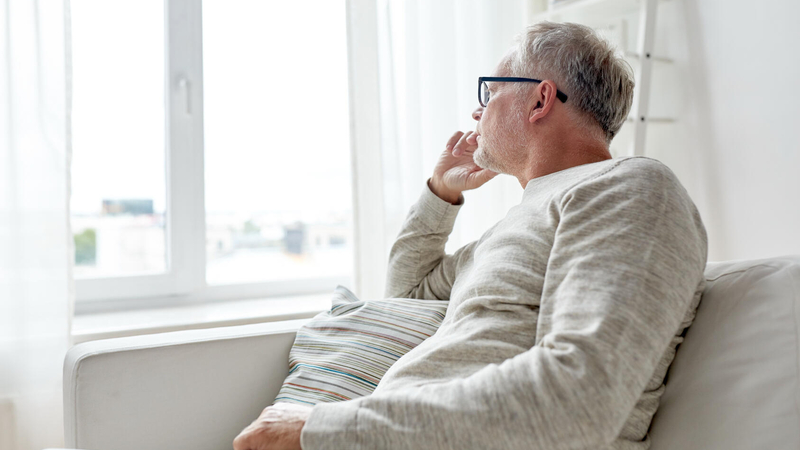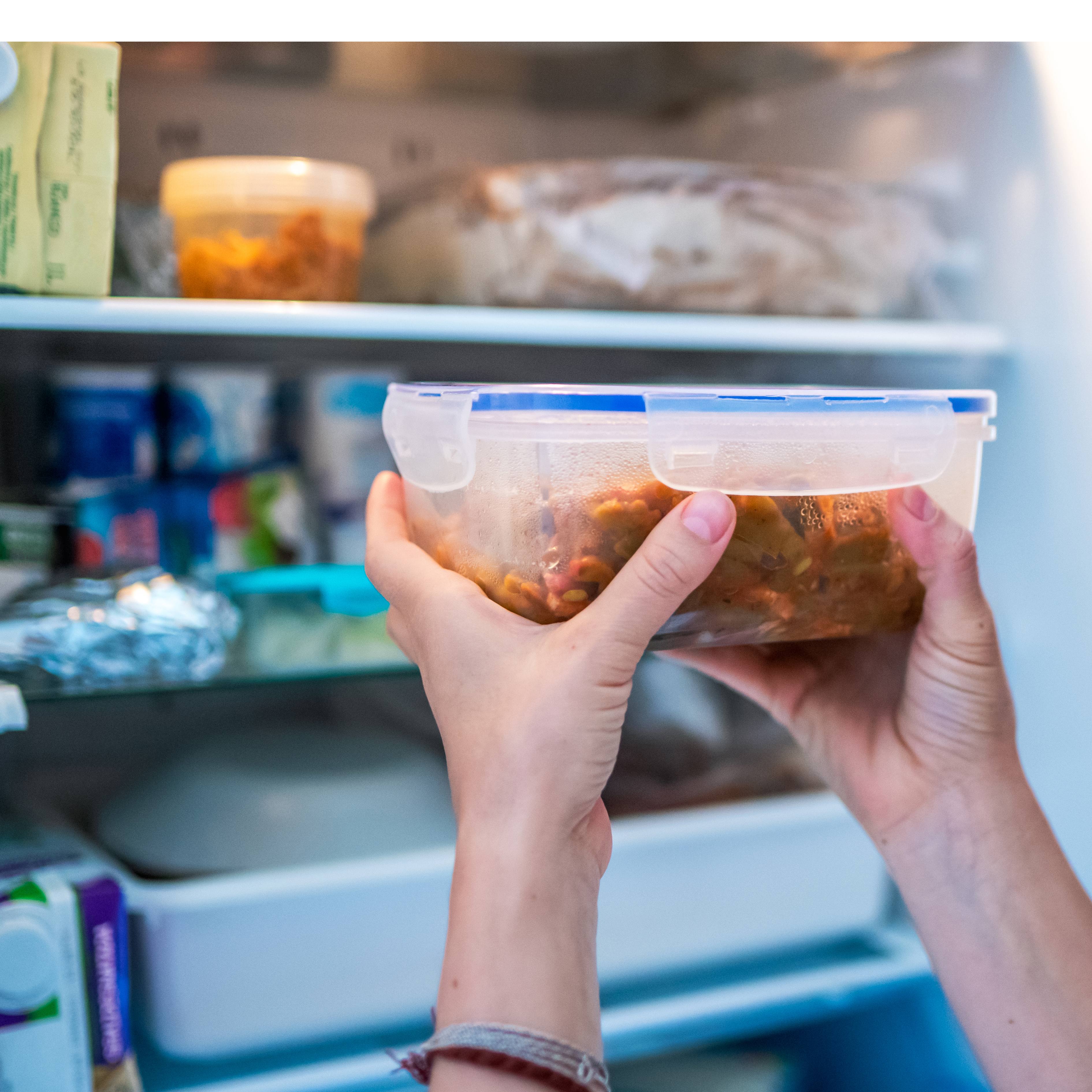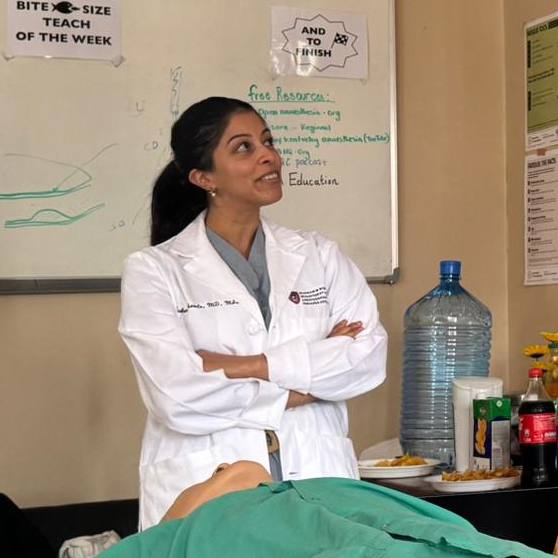
DEAR MAYO CLINIC: I worry about my neighbors this time of year who live alone. Are there health risks to loneliness? What can be done to help?
ANSWER: Up to 40% of older adults feel lonely. Loneliness can occur in all age groups, but people over the age of 60 have been shown to have higher incidences of both loneliness and social isolation. Loneliness is a feeling, while social isolation is something that can be measured. For example, how often do you talk to someone? How often do you leave the house? Do you attend religious services or other community events? Some people can be surrounded by a crowd but still feel lonely because they're not experiencing good connections. Social isolation measures how often you interact with other people and genuinely connect.
Health risks associated with loneliness can include depression, anxiety, increased risks of suicide, premature death, dementia, strokes, heart attacks and other chronic health risks. The health risks of a lack of social connection can be just as high as the health risks of obesity, smoking, physical inactivity or excessive alcohol consumption. If we pay attention to those other areas of our health, we should pay attention to social connectedness. High blood pressure, stroke and heart attack risk increase as we age. If you combine that risk with someone who is also lonely, that can increase the health risk.
If someone falls who is socially isolated, the risk of complications from a potential hip fracture increases because no one may be checking in on them. If patients are admitted to the hospital for a heart attack and score high on loneliness, they are more likely to get readmitted to the hospital. If you need a colonoscopy but don't have someone to drive you, you might not get your needed procedure done. Health systems recognize these healthcare impacts and now routinely ask patients about their social connections. The U.K. and Japanese governments have recognized the public health impacts and have established ministerial leads addressing loneliness, including a "Campaign to End Loneliness" in the U.K.
There are many things that you can do to address loneliness and social isolation. One of the best is addressing sensory deprivation, specifically hearing and vision. When someone has hearing loss, it becomes challenging (even with hearing aids) to go to a party or a crowded restaurant. The person withdraws because they can't understand what's happening around them. Things that can help this are getting your hearing checked, ensuring you have a suitable hearing aid and learning how to use it properly. These little "computers for your ears" can make interacting with people in a social setting easier.
Taking the first steps may be intimidating, but someone else's assistance could help get you there. Social workers can be a great resource for connecting people to social resources. People may find support from a faith community or hobby groups. You find like-minded people when you do things you are passionate about or interested in. Many people benefit from intergenerational activities such as volunteering in schools and reading to children at the library. Social media and online resources can be another way to discover these opportunities.
While social media is a tool that can be used to connect to people of similar interests, there is still a need for direct human interaction. Physical touch, such as a handshake or a hug, is vital from infancy onward. The holidays can be an intensified time for people to be aware of their loneliness. Maybe you saw someone throwing a holiday party, but you were home alone. Loneliness may spike during the holidays because of what is seen in the media, through our own expectations or loss of family connection.
When we feel lonely, we may feel like people should come to us and fill our cups, but sometimes it's up to us to put ourselves out there. Even if you take a moment to make a small interaction at the grocery store, it may make your world seem a little less lonely. If we can start giving some energy to the universe, the universe will give it back to us and help us all feel more connected to each other. — Dr. Amit Shah, Geriatrician, Internist, Palliative Care Specialist, Mayo Clinic in Arizona
________________________
Related Articles







